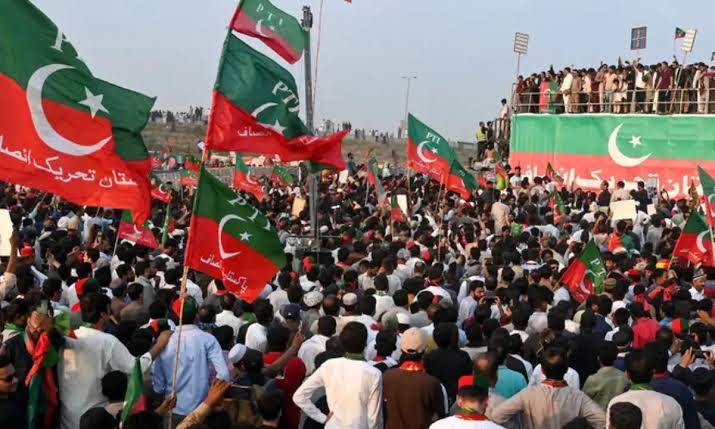Abdul Ghafoor Sarohi
Pakistan’s political history is filled with protests, demonstrations, and movements, but the current protests and sit-ins by Pakistan Tehreek-e-Insaf (PTI) have given rise to a new political and constitutional tension in the country. The main focus of these protests is the demand for electoral transparency, the provision of justice, and addressing the fundamental issues of the public.
However, the question arises: Are PTI’s protests suitable for the political and social stability of the country, or is their primary goal merely to exert pressure on the current government and strengthen their political stance?
PTI’s core demand is “free and fair elections,” which is crucial for strengthening democracy in the country.
Public Support: A large segment of the public views PTI’s protests as justified, believing that justice and transparency have consistently been ignored in the country.
Criticism of Government Policies: PTI is questioning the government’s economic policies, inflation, and unemployment, which are significant issues for the public.
Federal Government’s Strategy and Challenges
The federal government is making efforts to address this political turmoil, but several key issues remain unresolved:
Law and Order Situation: The government has had to make tough decisions to control the unrest resulting from the protests.
Lack of Dialogue: The communication between the government and PTI has been slow, complicating the resolution of the issues instead of facilitating it.
Economic Crisis: The country is already under significant economic pressure, and political tensions are worsening the situation.
Impact on Public Life:
The direct effects of the protests are evident in public life:
1. Transportation and Business: In major cities, the protest disruptions have affected the transportation system, leading to business losses.
2. Educational Institutions: Many schools and universities are being forced to shut down in various regions.
3. Common Citizens in Distress: Ordinary citizens are severely impacted by the suspension of their daily activities.
Steps for National Stability
1. Initiating Immediate Dialogue: The government and PTI should come to the negotiation table to resolve the issues. It is crucial to prioritize the welfare of the public over political differences.
2. Neutral Role of Institutions: The military, judiciary, and other institutions should perform their constitutional roles impartially.
3. Appropriate Protest Methods: PTI should adopt a method of protest that does not disrupt public life.
4. Measures for Economic Stability: The government must implement suitable policies to mitigate the economic damage caused by the protests.
Future Direction for the Political System:
This situation makes it clear that Pakistan needs a robust political system where all political parties can work together. For political stability and public trust to be restored, the government and political parties must adopt a joint strategy.



Comments are closed.